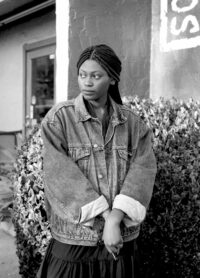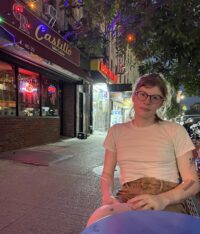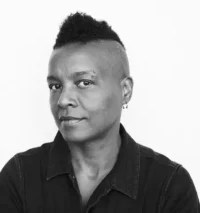Filters
 Interviews |
Interviews | February 11, 2025
An Interview with Naima Yael Tokunow, Editor of Permanent Record
 News | Interviews |
News | Interviews | December 24, 2024
Remembering Michael Burkard (1947-2024)
 News |
News | December 10, 2024
Announcing the 2025 Nightboat Editorial Fellow!
 Catalog | News |
Catalog | News | November 13, 2024
Nightboat Books Spring & Summer 2025 Catalog
 Interviews |
Interviews | November 11, 2024
An Interview with Funto Omojola, Author of If I Gather Here and Shout
 Interviews |
Interviews | October 22, 2024
An Interview with Aditi Machado, Author of Material Witness
 Interviews |
Interviews | October 15, 2024
An Interview with Nat Raha, Author of apparitions (nines)
 Interviews |
Interviews | October 8, 2024




